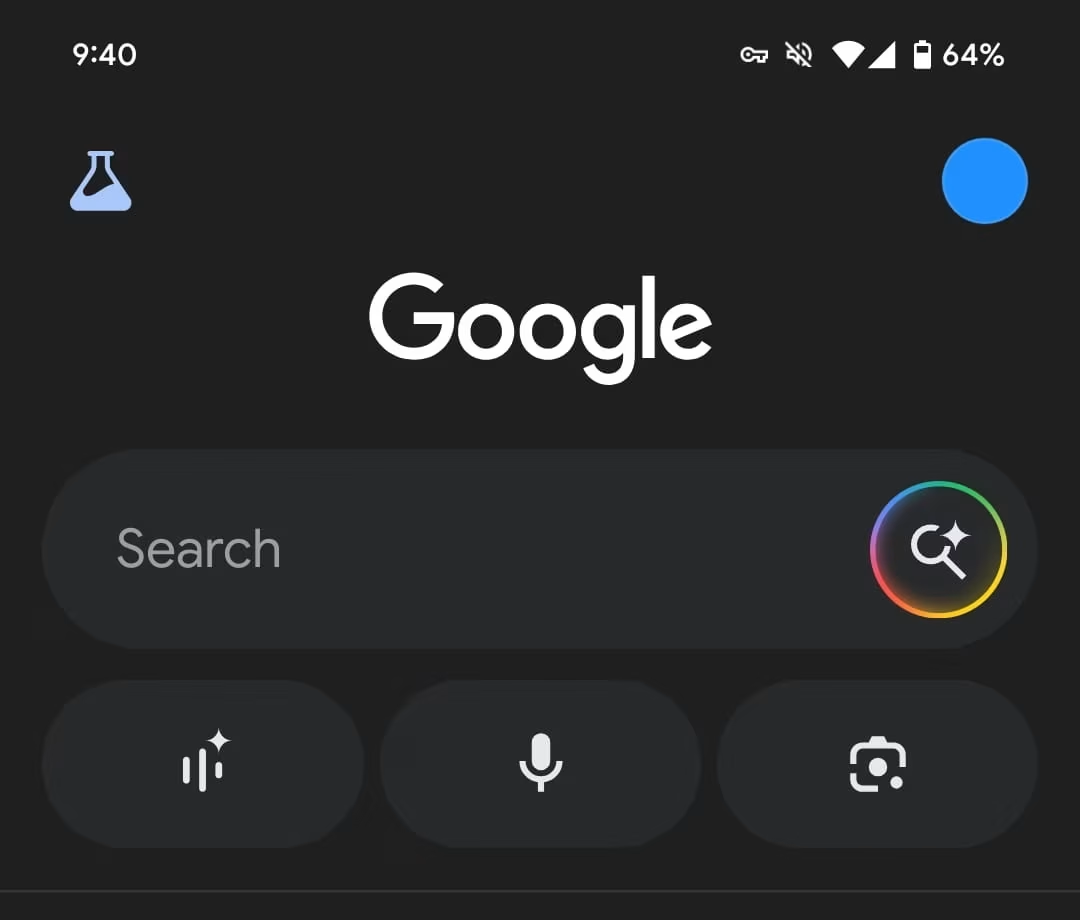Google's AI Mode Shortcut Expands Beyond Pixel, Reshaping Android Search
Google has just delivered a significant update to how Android users interact with search, rolling out its much-anticipated AI Mode shortcut to the Search widget on a wider array of non-Pixel Android devices. This isn't just a minor tweak; it's a strategic move that fundamentally changes how millions can access advanced AI capabilities directly from their home screen. For those of us who've been watching the evolution of search, this feels like a pretty big deal.
Initially a feature exclusive to Pixel phones, this expansion, which began hitting devices around July 27th and was quickly confirmed on Samsung phones by July 28th, democratizes access to Google's conversational and smarter search functionalities. Think about it: no more digging into the Google app to initiate an AI-powered query. Just a tap, and you're in. It's about convenience, sure, but it's also about making AI an intrinsic, effortless part of our daily digital lives.
The Democratization of AI Search
For a while now, AI-powered search has been a hot topic, often feeling a bit out of reach for the average user, or at least tucked away behind menus. Google's decision to bring the AI Mode shortcut to the forefront of the Android experience, particularly on devices like Samsung's, signals a clear intent to make these powerful tools universally accessible. It's a smart play, really, considering the sheer volume of Android users globally.
This isn't just about a new button appearing on your home screen, though. It's about what that button unlocks. We're talking about direct access to search capabilities powered by Google's Gemini models, including the more advanced Gemini 2.5 Pro and Deep Search features. These aren't your grandpa's search results; they're designed for complex queries, nuanced understanding, and in-depth research. Need to compare intricate technical specifications of two gadgets? Or perhaps understand a complex scientific concept? This AI Mode is built for that.
User Engagement and Feature Evolution
The numbers speak for themselves, don't they? Google reports that AI Mode has already garnered over 100 million monthly users. That's a massive adoption rate, indicating a clear appetite for these smarter search tools. This isn't just a niche feature for tech enthusiasts; it's resonating with a broad user base. And honestly, it makes sense. Who doesn't want a more efficient way to find information?
The evolution of this feature has been quite rapid. We saw AI Mode first introduced in March 2025, with further enhancements showcased at Google I/O in May. Now, just a couple of months later, it's getting this wide distribution. It shows Google's commitment to pushing AI integration forward, and quickly. They're not just iterating; they're accelerating. And that's exciting for anyone who relies on search for work, learning, or just satisfying their curiosity.
Community Buzz and Expert Caution
The immediate reaction from the Android community has been largely positive. A quick scroll through social media platforms like X (formerly Twitter) reveals users appreciating the newfound ease of access. "Finally, I don't have to dig for it!" seems to be a common sentiment. It's the kind of quality-of-life improvement that genuinely enhances the user experience, making powerful tech feel less intimidating.
However, it wouldn't be a complete picture without a bit of nuance. While the convenience is undeniable, some experts, including those quoted in publications like The New York Times, urge caution regarding the accuracy of AI-generated search results. It's a valid point. As powerful as these AI models are, they're not infallible. Users are still advised to cross-verify critical information, especially for sensitive topics. It's a tool, not a definitive oracle. We're still in the early days of truly intelligent search, and while the capabilities are impressive, a healthy dose of skepticism is always a good thing. It's like having a super-smart assistant, but you still double-check their work on important stuff, right?
The Road Ahead: Implications for Search and Beyond
This wider rollout isn't just about Google maintaining a competitive edge in the search engine market, though it certainly does that. It's a clear signal of a larger trend: AI is becoming deeply embedded in our foundational digital services. For regions with high Android usage, like parts of Asia and Europe, this update could significantly alter how users interact with search engines, potentially shifting market dynamics towards more AI-integrated platforms.
What does this mean for the future? Well, it's not hard to imagine further integration of AI into other Google services. Could we see AI Mode shortcuts appearing in Maps, or even Gmail, offering context-aware assistance or deeper insights? It seems plausible. This move with the Search widget is a foundational step, transforming search from a simple query-response mechanism into a more interactive, conversational, and ultimately, more efficient experience. It's a glimpse into a future where AI isn't just a feature, but the very fabric of how we navigate the digital world. And honestly, I'm here for it.
